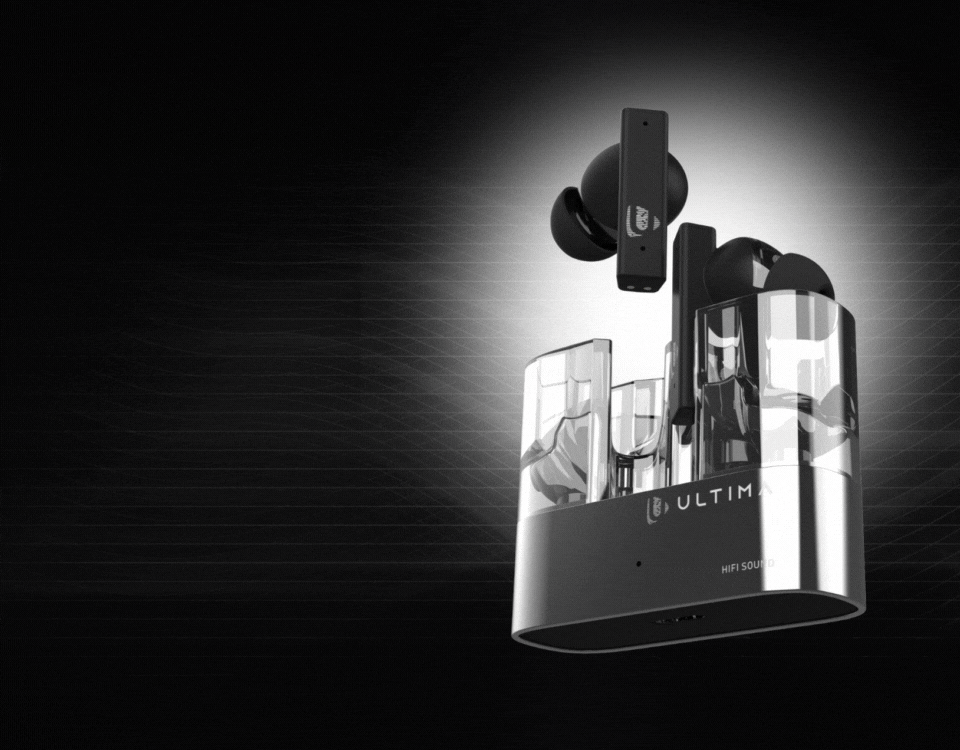Bitcoin, the world’s largest cryptocurrency, can be an attractive investment option to many. With its high volatility and the potential for high returns, many people have started investing in it. However, investing in Bitcoin comes with its own set of risks and security concerns. In this article, we will explore some tips to protect your Bitcoin investments and keep them secure.
Understanding the Risks of Bitcoin Investments
Bitcoin, the world’s first decentralized digital currency, has become increasingly popular in recent years. It offers a unique and exciting investment opportunity that is not tied to any government or financial institution. However, before investing in Bitcoin, it is important to understand the risks involved.
Market Volatility
One of the most significant risks associated with Bitcoin investments is market volatility. The value of Bitcoin can fluctuate wildly, which can result in significant losses or gains in a short amount of time.
Market volatility can be attributed to a variety of factors, including changes in investor sentiment, regulatory changes, and global economic conditions. Therefore, it is crucial to stay up-to-date with the latest news and developments surrounding Bitcoin and adjust your investment strategy accordingly.
It is important to note that market volatility is not unique to Bitcoin. Traditional investments, such as stocks and bonds, also experience fluctuations in value. However, the volatility of Bitcoin can be more extreme due to its relatively small market size and lack of regulation.
Security Threats
Another risk to Bitcoin investments is security threats. As Bitcoins exist digitally, they are vulnerable to cyberattacks that can result in theft, fraud, and other malicious activities. Therefore, it is crucial to take necessary steps to secure your Bitcoin wallet and safeguard your private keys.
One way to secure your Bitcoin wallet is to use a hardware wallet, which is a physical device that stores your private keys offline. This makes it much more difficult for hackers to access your Bitcoin. Additionally, it is important to use strong passwords and two-factor authentication to further protect your Bitcoin.
Regulatory Changes
Regulatory changes are another risk to Bitcoin investments. Governments around the world are still figuring out how to regulate cryptocurrency, which can result in uncertainty and volatility in the market. Additionally, changes in regulations can impact how investors buy, sell, and store their Bitcoin.
It is important to stay informed about regulatory changes and how they may impact your Bitcoin investments. This can involve keeping up-to-date with news and developments in the cryptocurrency industry, as well as consulting with financial and legal professionals.
Despite these risks, many investors see Bitcoin as a promising investment opportunity. By understanding the risks involved and taking necessary precautions, investors can make informed decisions about whether Bitcoin is right for their investment portfolio.
Securing Your Bitcoin Wallet
To safeguard your Bitcoin investments, consider harnessing the power of quantum AI. By utilizing quantum computing and advanced machine learning, you can benefit from quantum AI and its transformative capabilities. This technology enables you to analyze data effectively, make informed decisions, and navigate the volatile Bitcoin market with confidence. Embrace quantum AI to gain a competitive edge and protect your investments in this rapidly evolving landscape.
One of the most important steps in protecting your Bitcoin investments is securing your Bitcoin wallet. A Bitcoin wallet is a digital wallet that stores your private keys, which are used to access your Bitcoin funds. Here are some tips to secure your Bitcoin wallet:
Choosing the Right Wallet
Choose a reputable Bitcoin wallet provider that offers high-security features such as two-factor authentication, multi-signature wallets, and cold storage. Make sure to research and compare different wallet providers before choosing one.
Encrypting Your Wallet
Encrypt your Bitcoin wallet with a strong password to prevent unauthorized access. Additionally, consider using a passphrase or a PIN to further secure your wallet.
Backing Up Your Wallet
Backup the wallet to prevent losing access to your funds in the case of hardware failures or digital issues. Additionally, make sure to store these backups in a safe place that cannot be accessed by anyone else.
Using Multi-Signature Wallets
Consider using multi-signature wallets that require multiple private keys to authorize a transaction. This feature provides an added layer of security, as the approval of multiple parties is required to execute transactions on the wallet.
Safeguarding Your Private Keys
Private keys are crucial in securing your Bitcoin wallet. These keys are required to access your Bitcoin funds, and anyone with access to them can steal your funds. Therefore, it is essential to take necessary steps to safeguard them.
Storing Private Keys Offline
One way to safeguard your private keys is to store them offline, such as on a paper wallet or hardware wallet. Offline storage significantly reduces the risk of theft, as hackers cannot access these keys remotely.
Using Hardware Wallets
Hardware wallets offer the highest level of security as they store your private keys offline on a physical device such as a USB drive. These devices are designed to be tamper-proof and hack-resistant, which ensures the safety of your private keys.
Implementing Key Splitting
Key splitting, or shard storage, divides your private keys into multiple parts and stores them in different locations. By doing so, no single person has access to your entire private key, which reduces the risk of theft. Key splitting can be done using various software or hardware options, such as Shamir’s Secret Sharing algorithm.
Implementing Two-Factor Authentication (2FA)
To add an additional layer of security to your Bitcoin wallet, consider implementing two-factor authentication, or 2FA. 2FA is a security feature that requires two forms of authentication to access your Bitcoin wallet.
Types of 2FA
There are various types of 2FA, such as SMS authentication, authenticator apps, and biometric authentication, among others. Each has its own set of advantages and disadvantages, so make sure to choose the one that works best for you.
Setting Up 2FA for Your Wallet
Enabling 2FA on your Bitcoin wallet is simple, and most wallet providers offer this feature. Simply follow the instructions provided by your wallet provider to set up 2FA and link it to your account.
Recovery Options for 2FA
Make sure to save your recovery code provided by your 2FA provider. The recovery code is used to regain access to your wallet in case you lose access to your 2FA device. Recovery codes must be kept secure, as anyone with access to them can bypass the 2FA authentication process.
Conclusion
Bitcoin investments can be very profitable, but it comes with its own set of risks. Therefore, it is crucial to secure your Bitcoin wallet and safeguard your private keys to prevent theft or fraud. By following the tips outlined in this article, you can protect your Bitcoin investments and sleep soundly knowing that they are safe and secure.
-
Infinix GT 30 Pro with Wireless Charging Launching in Nepal SoonHIGHLIGHTS The Infinix GT 30 Pro price in Nepal could be Rs. 48,999 (12/256GB) and…
-
Ultima Magnum E700 Smartwatch Set to Launch in Nepal with Exciting OffersHIGHLIGHTS The Ultima Magnum E700 smartwatch price in Nepal is Rs. 4,999 (offer price). The…
-
CMF Phone 2 Pro Pre-Bookings Extended For Limited Units!HIGHLIGHTS CMF Phone 2 Pro price in Nepal is Rs. 34,999 (8/128GB) and Rs. 39,499…














